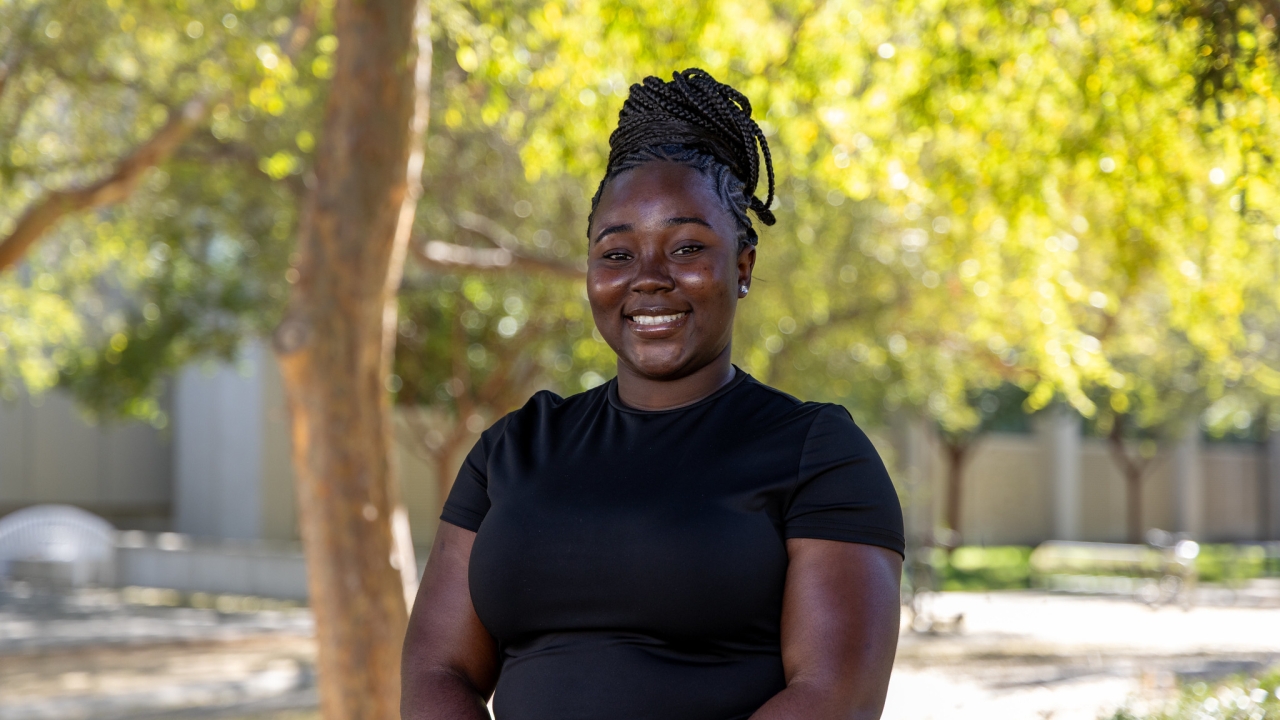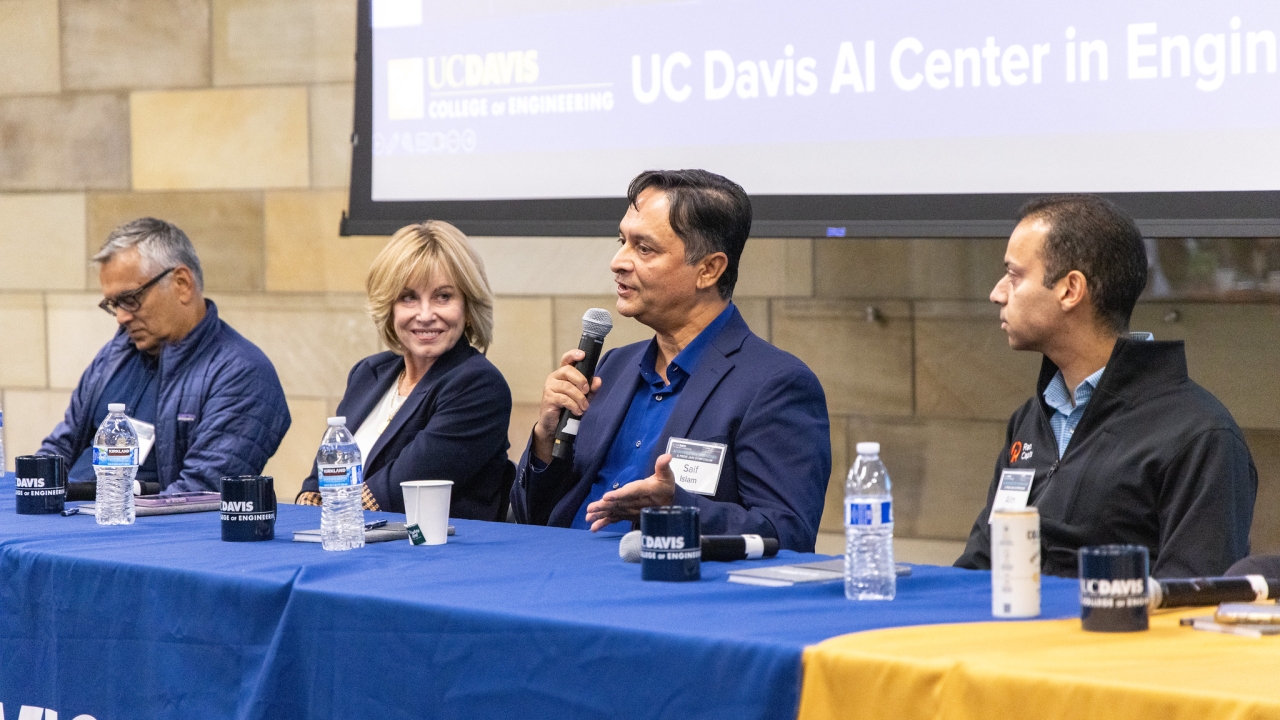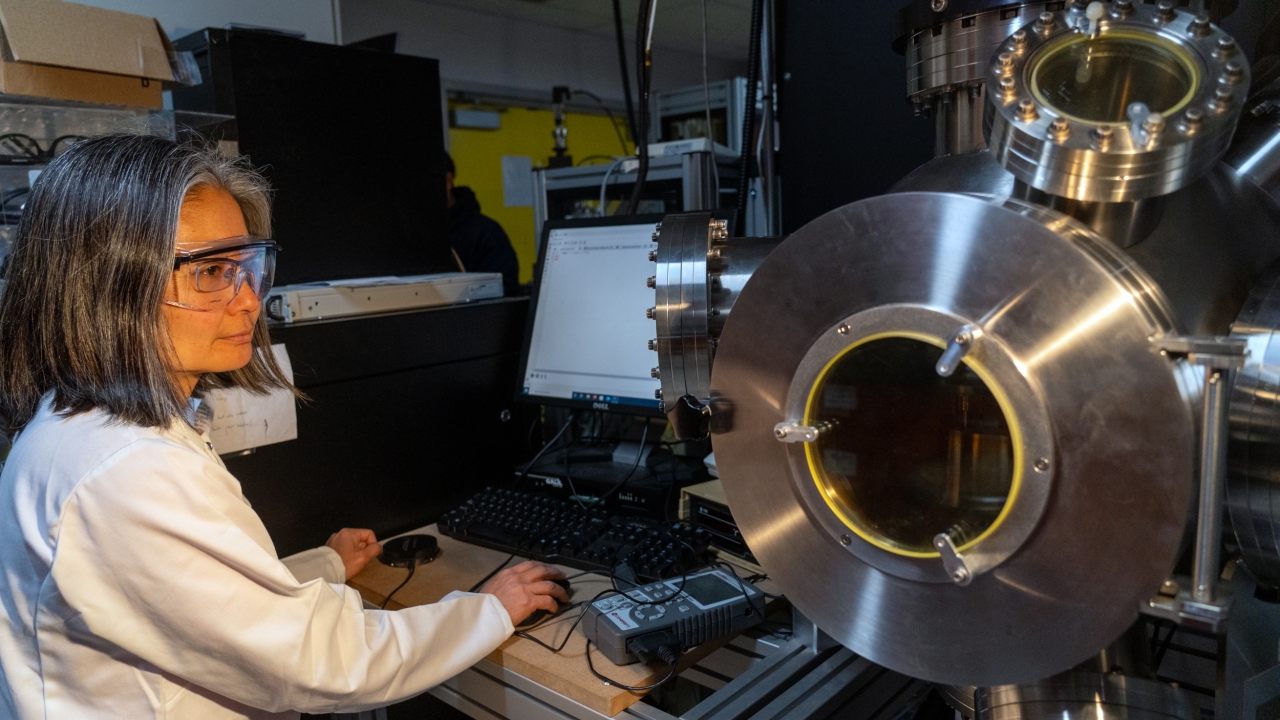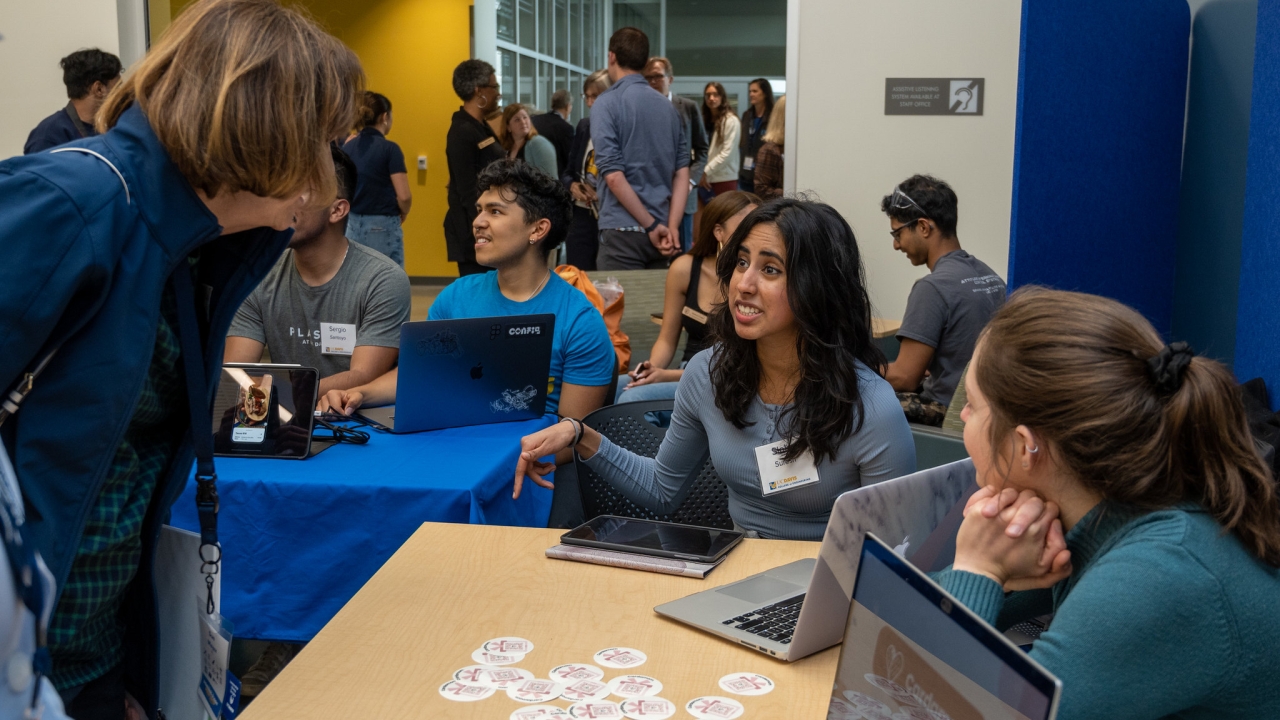
Biomedical Engineering Students Thrive in UC Davis Entrepreneurship Program
Biomedical engineering, or BME, students at the University of California, Davis, have made a name for themselves as entrepreneurs.
They made up the majority — more than 35% — of the 2023 cohort of PLASMA, a competitive, twelve-week program for undergraduates of all majors to grow their technology startups and receive help scaling their companies through the Student Startup Center.
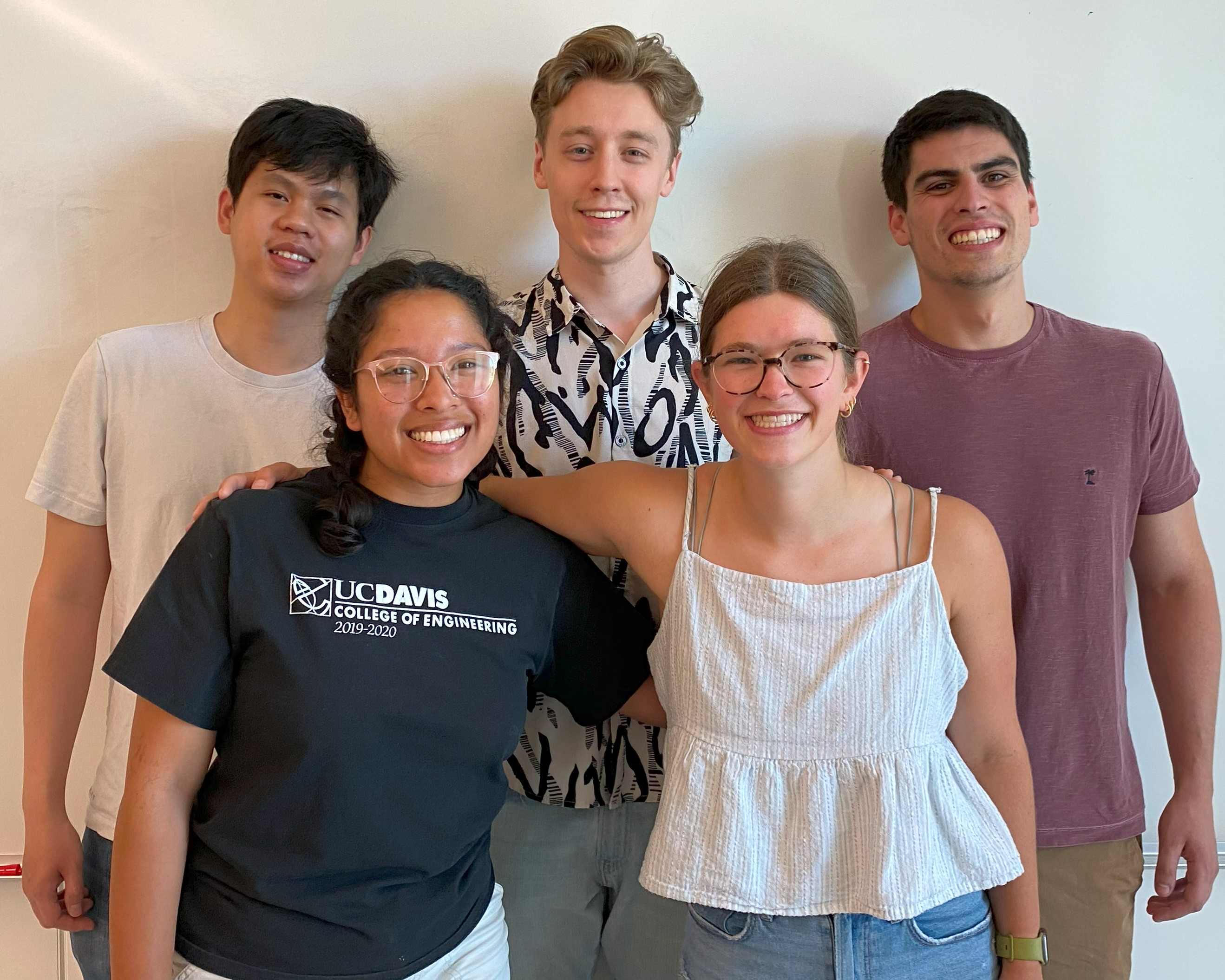
That percentage included three teams, each solely composed of biomedical engineers, admitted on the strengths of their initial startup pitch.
"Startups are hard, period," said Aaron Anderson, the director of the Student Startup Center. "But when you add the complexity of navigating the medical arena, it becomes more challenging still. Each of our BME-led teams worked tirelessly to identify a problem worthy of solving and then to find a business model to attach to their solution."
All led to successful startups, but one — OsseoStruct — managed to take home second place and a $5,000 prize at PLASMA Demo Day, an event where judges and investors review the strengths of each company.
Entrepreneurial Spirit, Health in Mind
The three teams of biomedical engineering students in PLASMA all had one thing in common: they built a startup around a product advancing human health.
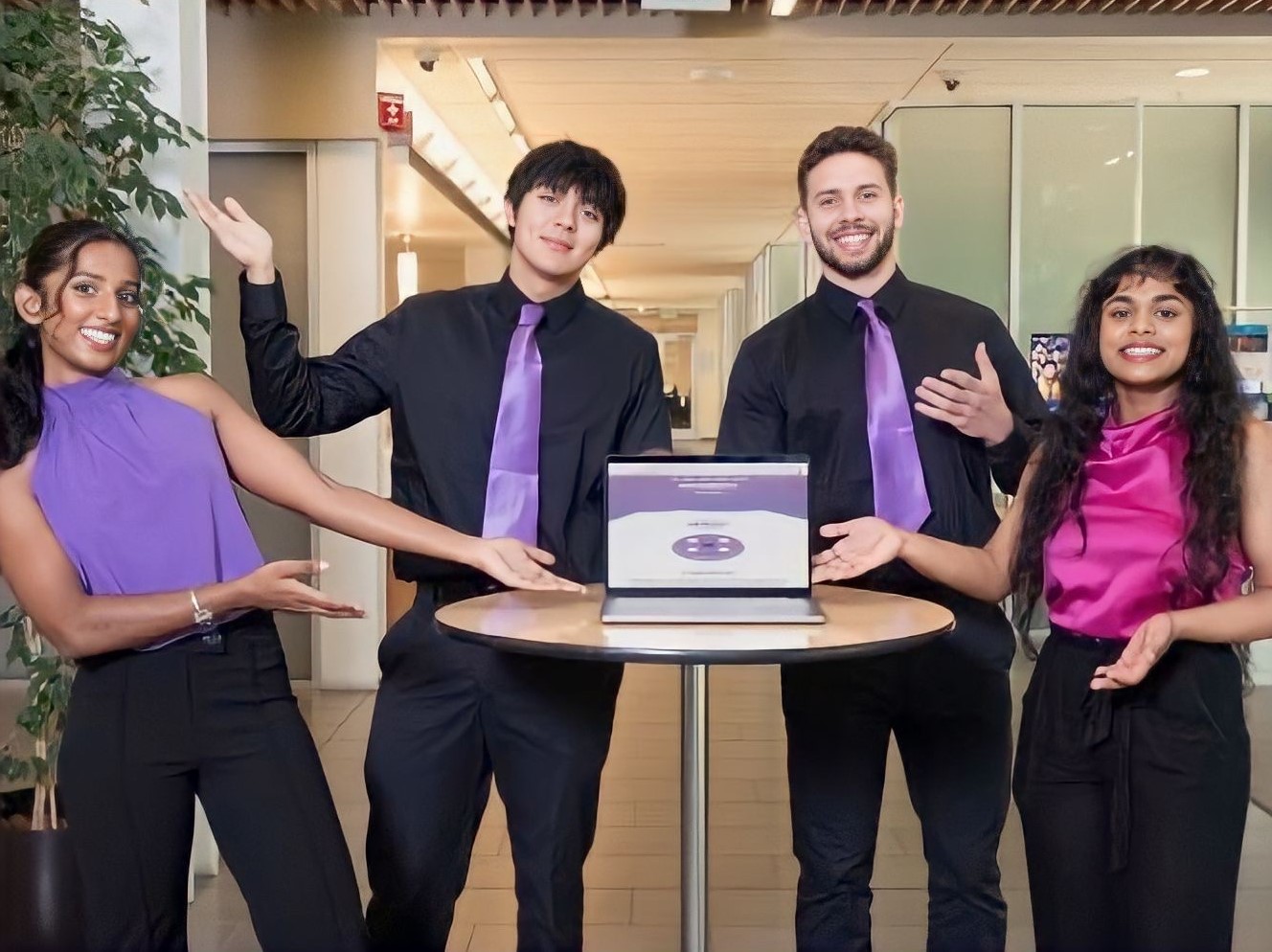
For SANA Diagnostics, that meant an at-home urine test for sexually transmitted infections, or STIs. The idea came to members of the founding team to solve a problem they noticed while working at urgent care centers.
"Often patients were treated for their presenting symptoms rather than the condition itself due to the rapid nature of [urgent care clinics] and the time associated with lab testing," the SANA Diagnostics team wrote, explaining the inspiration behind their company. "[We] came to the conclusion that a rapid test that allows for the diagnosis of STIs with similar overlapping symptoms would help both patients and providers alike."
The founders of Minokawa Innovations found inspiration in a similar experience.
They were researching a product idea at UC Davis Medical Center when a doctor told them how difficult it was to manage the dozens of cables and patches for electrocardiograms, which are the devices that record a heart's electrical activity. These recordings are crucial for diagnosing conditions like coronary heart disease and an irregular heartbeat.
The next day, that same doctor invited the team to his emergency room, where they built their prototype: a single patch capable of producing an electrocardiogram with less than half of the cables previously required.
The second place-winning team, OsseoStruct, answered a surgeon's call to simplify a complicated procedure.
In open reduction and internal fixation surgery, surgeons painstakingly bend pieces of metal plates by hand to support broken bones in the healing process. Due to the manual and intricate nature of the process, inaccuracies are not uncommon, with surgeons having to throw plates out.
"We were introduced to this problem by Mauro Giordani, the medical director of orthopedics at UC Davis Medical Center, when he presented at the Student Startup Center in the spring of 2022," said Kelly Berndt, a founder of OsseoStruct. "As biomedical engineers, we were immediately interested in helping solve this [issue]."
Their solution is an innovative technology that scans the templates specific to each open reduction and internal fixation surgery. A machine uses these scans to bend a metal plate to the appropriate shape quickly and accurately for the surgeon to use in the operating room.
Growing the Seed (Funding)
All three startups kept the seed funding they received through PLASMA. They hope to parlay the financial and educational support they received through the program to further their companies.
"We know it is a long strenuous challenge, but that is the nature of medical devices, and the benefit our solution could provide to patients and practitioners is well worth it," Berndt said.
First and foremost, each startup identified the need to finalize its prototype development and seek approval from the Food and Drug Administration. Minokawa Innovations, with help from PLASMA, has already begun the patent process to protect its intellectual property.
The Building Blocks of Business
When asked what advice the teams would give aspiring entrepreneurs, particularly those like them who may have no or limited experience in business, they recommended students take advantage of the resources through PLASMA and at the Student Startup Center.
They also provided a simple but powerful insight: trust your curiosity and the process.
"Put yourself out there and go for it, do not be afraid to fail," said Pedro Maia of OsseoStruct. "You likely will fail a lot but use it to learn and return better."
The team behind Minokawa Innovations furthered that idea, writing, "Don't worry about finding the perfect idea; through your process, you will understand what type of products people are willing to pay for and that'll make your next startup idea even more powerful."
Meet the PLASMA Teams
Minokawa Innovations
Adit Jain, Udayaditya Palety and Joshua Lopez.
OsseoStruct
Kelly Berndt, Eddie Chen, Celie Cranney, Pedro Maia and Clyde Westrom.
SANA Diagnostics
Nathan Jewel, Sanjana Muniraj, Anchaleena James and Andrew Ramos.

